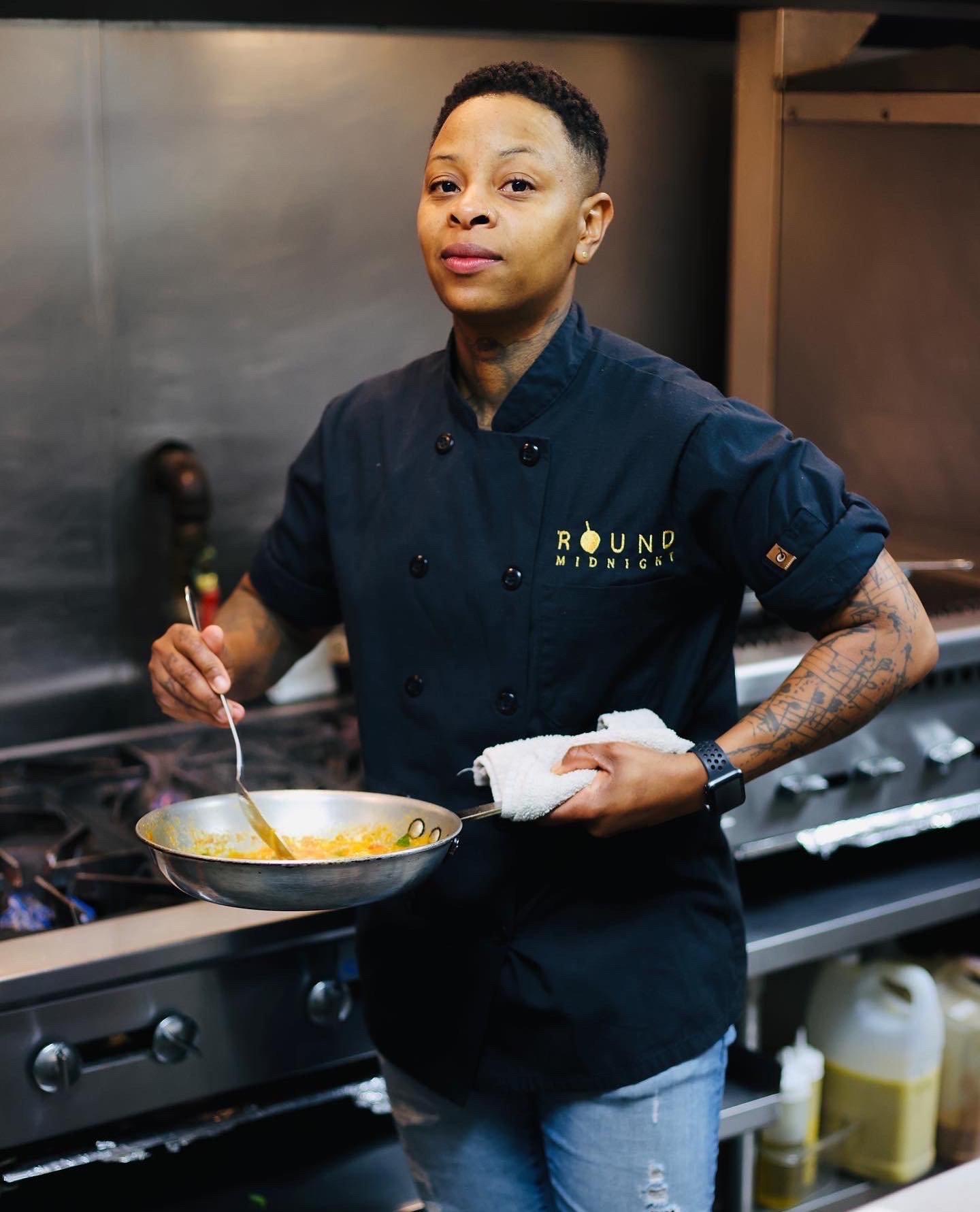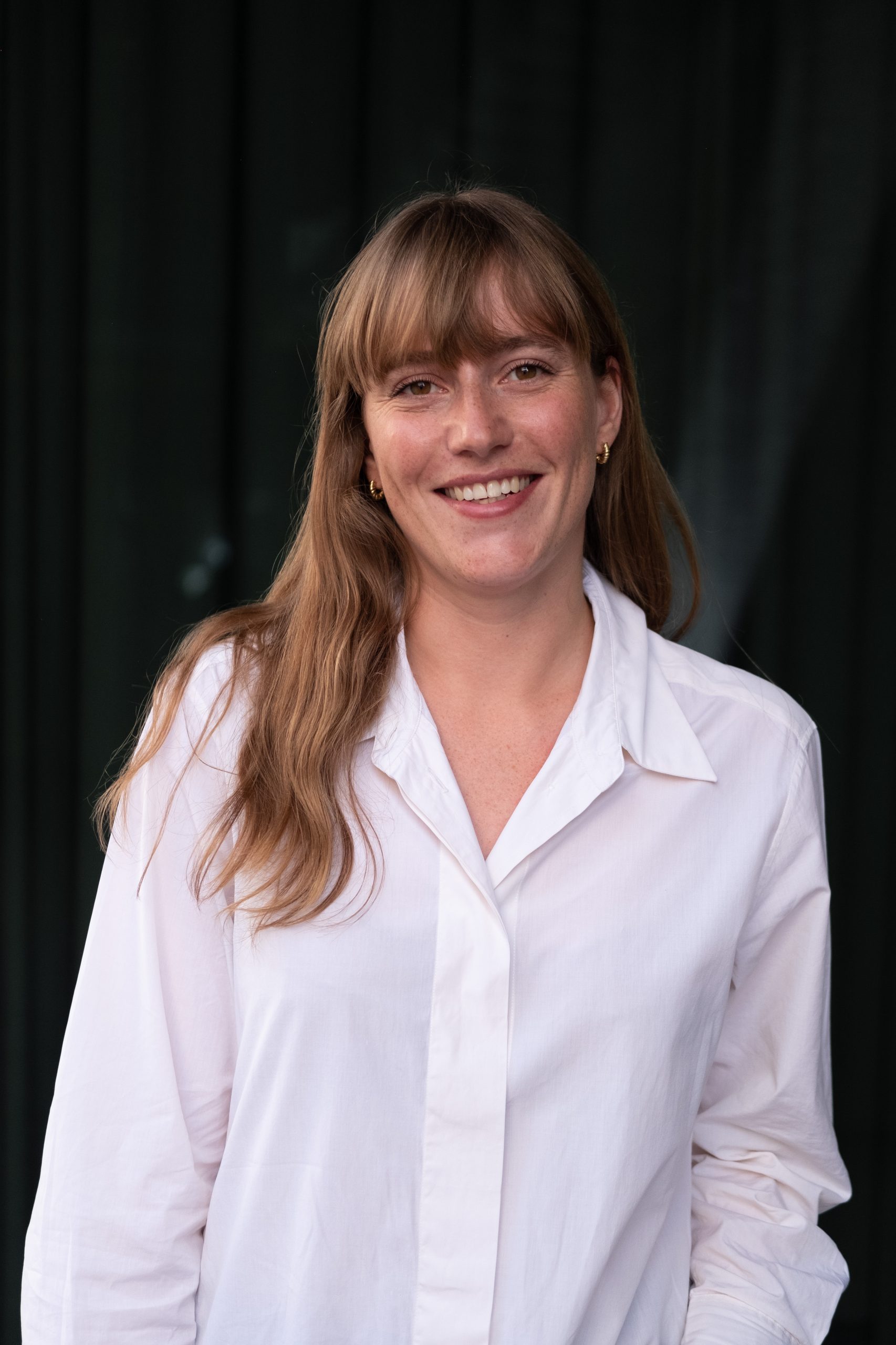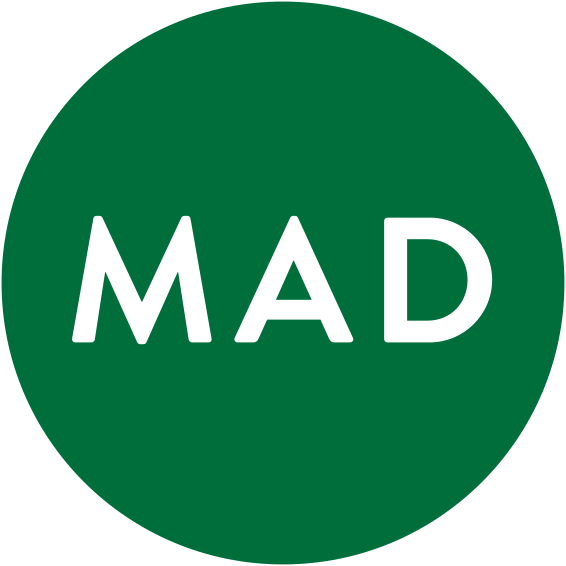To ensure that the restaurant industry not only survives but thrives and helps shape a better future, MAD Academy provides transformative training for hospitality professionals in leadership skills; better business practices; and an enhanced understanding of environmental stewardship.
The MAD Academy Scholarship Fund covers tuition fees and learning materials for a significant number of Academy participants. Gifts of any amount can be directed to the Scholarship Fund. Gifts of $5,000 will fully fund an individual scholarship; larger named underwriting opportunities are also available. For more information about the MAD Academy Scholarship Fund, please contact us.
Below, meet three outstanding MAD Academy alumni.
Ayesha Abdullah
Chef and Entrepreneur, 'Round Midnight Dinner Oakland, California MAD Academy LB '21
A lifelong passion for learning and a commitment to building community has fueled Ayesha Abdullah’s culinary entrepreneurship. Her pop-up series, ‘Round Midnight Dinner, showcases the vibrant settings and ingredients of Northern California while also paying homage to the family meals lovingly remembered from her childhood. On Instagram, her video content is warm and intimate, allowing viewers to gain a mastery of cooking skills amid generous shout-outs to local vendors and suppliers.
Ayesha credits her Leadership & Business course at MAD Academy with giving her a solid grounding in the financials. One major takeaway from her week was the lecture led by seasoned business owners. “They asked us: What are the reasons you want to start a business? For me, there were a lot of emotionally attached reasons—like helping the community and changing practices around food waste—but what stuck with me is that I also needed to have a plan on how to keep my business running and make a profit for myself and my employees. Then they gave us spreadsheets that I now use for my financial statements. That was extremely helpful, because I didn’t know where to start prior to that lecture.”
On building a global network:
“MAD has given me a different type of community that I always have access to—and everyone is really supportive. They’re a completely diverse group of people, and that has given me a larger life perspective.”
On continuing education:
“MAD helped broaden my vision and not keep it in a small box. I’ve been doing more self-study, going to the library and checking out books, and studying food science to understand the chemistry side of food. Now, I’ve decided I’m going to get a degree in food science.”
Find out more about ‘Round Midnight Dinner and follow Ayesha on Instagram.

”MAD helped me understand that the concept of food is very broad, and it’s not only about the kitchen… that I have other opportunities in food outside of working on the line.” —Ayesha Abdullah
Holly Letch
Sustainability Manager, JKS Restaurants
United Kingdom
MAD Academy ES '21After nine years working in restaurants, including front-of-house roles at various fine-dining establishments around London, Holly Letch was accepted to MAD Academy’s Environment & Sustainability course in the fall of 2021. She arrived full of open-ended questions; what she found was community and purpose. “I was asking myself, Where am I going in hospitality? What’s the next step? I was interested in all these different things—food, farming, sustainability, restaurants—but how would that turn into a role? It was refreshing to go to MAD and get a sense of optimism and be surrounded with likeminded people who wanted similar things. I gained not just knowledge but momentum.”
Her week at the Academy empowered Holly to shape a role for herself leading sustainable initiatives at the large UK restaurant group where she was employed. Knowledge sharing, including developing internal training programs, is central to her new position; but so is continuous knowledge-seeking. She references one memorable Academy lecture by British chef Douglas McMaster of Silo, known as the world’s first zero-waste restaurant. “He said that when you make a commitment to be more sustainable, that’s just the beginning—you’re going to discover more things to do down the line,” she recalls. It’s a quality of purposeful curiosity she brings to her work. “One day, I’m talking about prawns and their potential environmental impact; the next day, I’m talking about the wooden materials we’re using for new sites. Every day is different.”
On carving her own path:
“MAD was the catalyst for a lot of things that happened. It gave me a sense of rejuvenation and hope, but also the practical tools to start talking with my employers about a role in sustainability, which evolved into the position that I’m in now.”
On finding community:
“I am the only person [at my organization] working on sustainability, so I don’t have a team around me. Knowing that I’m part of this bigger sustainability network is really useful, and I think MAD is good at creating that sense of inclusion.”
Follow Holly on Instagram and read her blog post about her MAD Academy week here.

”MAD was good at showcasing that there’s not a right way and a wrong way to do things. Being sustainable is a journey, rather than an end goal.” —Holly Letch
Joshua Kagenski
Sous Chef, Butcher & Bee Nashville, Tennessee MAD Academy LB '20
“There were so many things I didn’t know before I went to MAD,” says Joshua Kagenski. “I see a huge difference in how I was prior to being at the Academy, and how I am now.”
At his Nashville restaurant, the sous chef is channeling his own drive for self-development into designing a new program called Butcher & Bee University—teaching kitchen staff and front-of-house workers the skills they need to know to become managers. “In terms of leadership roles in this industry, a lot of the time you’re set up for failure,” he explains. “You’re not really taught how to properly lead, you’re not taught anything financially. You get thrown into a leadership role without any idea of how to do it.”
Joshua and his fellow management team (and hopefully others from outside the company) will be hosting internal training sessions in each person’s area of expertise. “One of our chefs, Scotty, is so knowledgeable in the administrative area and will focus on teaching the ins and outs such as inventory and costing. I’m starting a book club based on what MAD was doing. Little programs to help develop the people we work with.” And if those team members he’s training end up leaving the restaurant to take a leadership role somewhere else? “That simply means we’re setting people up for the future of this industry—not just for ourselves.”
On learning for real-life restaurant situations:
“It’s not easy to find a lot of information. It’s not like you can sit at home and Google it. There are great management books out there—but it’s not the same as talking to someone who’s been through it.”
On paying it forward:
“One of the main reasons I’m building the program is because MAD Academy was something great that I got to experience and learn how to be a better leader. I was very fortunate to be able to go for a week and just learn—and the majority of people in our industry don’t have that and won’t have that. So I’m doing my best to make sure others can learn from it.”
Follow Joshua on Instagram.

”The biggest thing that MAD did was open my mind to what I was missing—and where I need to improve.”
—Joshua Kagenski

